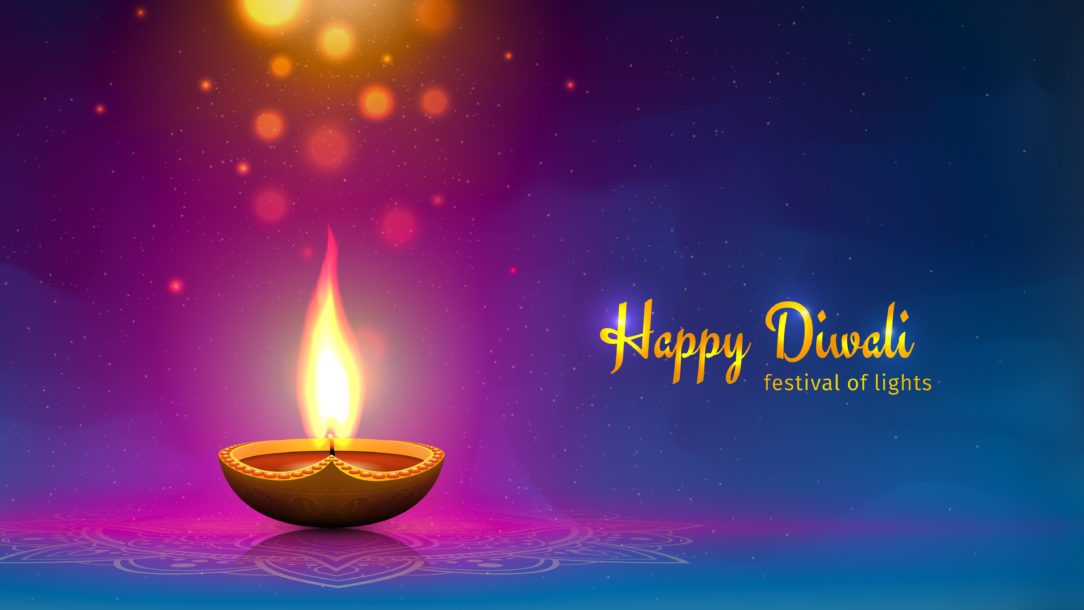Diwali, the Hindu festival celebrating the triumph of good over evil, light over darkness, and knowledge over ignorance, occurs on November 4, 2021. Growing up, in the days leading up to Diwali, I remember my mom waking up extra early to make us a special breakfast and making sure everyone had new clothes to wear for the holiday – a routine much different than the one my parents had growing up in India where schools would be closed for at least a few days.
Fast forward a few years, and the public school system I graduated from lets students off for Diwali. However, not all districts have the day off, and many Indian Americans are still not treated as equals; according to the Indian American Attitudes survey, one in two individuals report being subject to some form of discrimination. They also note that Indian Americans born in the United States are more likely to report being victims of discrimination than their foreign-born counterparts.
However, not all discrimination comes from non-Indian parties. Respondents of the survey suggest that Indian Americans are largely to blame for gender and religious discrimination within the community at large.
In a primarily Catholic and Protestant country, observing a Hindu/Jain/Sikh/Buddhist holiday suggests a willingness to publicly acknowledge America’s shifting demographics. It reflects an openness to religious diversity.
A Costco in Loudoun county sells fireworks twice a year – July for the 4th and late Fall for Diwali. The USPS has Diwali postage stamps. Target has ads dedicated to the holiday – featuring Indian American families just like mine sharing their traditions.
Yes, I know these companies are excited to have another holiday to add to their marketing roster and boost sales.
For many, Diwali marks the start of a new year.
This year, Diwali occurs just after an election cycle, and who is elected will have implications for reproductive rights and reproductive justice. If the Supreme Court overturns Roe v. Wade, it could put safe, legal abortion out of reach for one-third of women. Attacks on abortion access disproportionately affect lower-income Asian, Black, Hispanic, Native American, and Multi-Racial women, as they are more likely to live in states with restrictive laws.
A Texas-style abortion ban has been proposed in Ohio. Therefore, state policy is more important than ever, as governors and state lawmakers will craft abortion policies.
Tomorrow as we celebrate Diwali, I will be thinking about the privileges that protect me and those close to me – a jarring realization that much of this conversation about reproductive rights does not affect us the same way. My friends and I can afford to find solutions, but that reality is not the case for many.
I look forward to the day it is a holiday observed nationally, but until then, Happy Diwali to everyone who celebrates.
Be well,
Himaja


